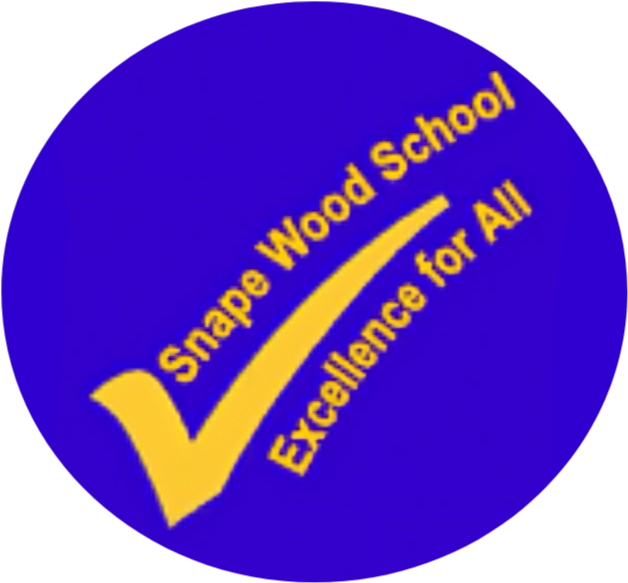History
Intent
History lessons are underpinned by historical knowledge and skills, allowing them to know more and do more, to encourage children to work as historians. History units are planned to ensure that lessons are built upon the key ideas in history and units always work towards children developing knowledge and historical enquiry skills:
- Pupils will develop a sense of time and chronology
- Pupils will use a range of historical sources
- Pupils will have a clear understanding of local, national and international history and its impact on the World as we know it.
- Pupils will have the opportunities to compare and contrast and make links to the differing historical periods
Implementation
To ensure high standards of teaching and learning in history, we implement a curriculum that is progressive throughout the whole school. History is a key driver for our curriculum. The knowledge and skills stated in the National Curriculum are the backbone of teachers planning however we expect classes to explore each topic with an awareness of life today.
At the beginning of each enquiry, children are able to convey what they know already as well as what they would like to find out. This informs the programme of study and also ensures that lessons are relevant and take account of children’s different starting points. Consideration is given to how greater depth will be taught, learnt and demonstrated within each lesson, as well as how learners will be supported in line with the school’s commitment to inclusion.
Cross curricular outcomes in history are specifically planned for, with strong links between history and English lessons. The locality and local people are utilised to achieve the desired outcomes where possible.
Impact
Through our history lessons, pupils should learn key vocabulary and be able to apply their historical skills to a range of historical enquiries.
Emphasis is placed on analytical thinking and questioning which helps pupils gain a coherent knowledge and understanding of Britain’s past and that of the wider world and are curious to know more about the past. Through this study pupils learn to ask perceptive questions, think critically, weigh evidence, sift arguments, and develop perspective and judgement. Regular heritage projects provide further relevant and contextual learning, engaging member of the community in children’s learning and providing positive role models from the community for children to learn from. We ensure that our pupils are equipped with historical skills and knowledge that will enable them to be ready for the curriculum at Key Stage 3 and for life as an adult in the wider world.
